Rubik’s Cube SEL Social Skills Group
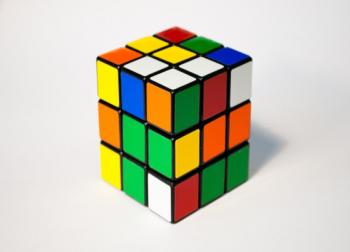
- School:
- George Marks Elementary School
- Subject:
- Social & Emotional Learning
- Teacher:
- Marie Bracciale, Ph.d.
- Shannon Sweeney, LMHC Mental Health Team
- Students Impacted:
- 125
- Grade:
- 5
- Date:
- September 7, 2023
Investor
Thank you to the following investor for funding this grant.
FUTURES Foundation - $819.46
Original Grant Overview
Goal
Rubik’s Cube SEL Social Skills Group
Making friends, joining in group games or projects, attending parties and relaxing with extended family are often among life’s pleasures. However, some children, teens and young adults find working, playing and celebrating with others as puzzling as trying to solve the Rubik’s Cube. Why these difficulties? Many times, these people need help strengthening their social skills.
We looked at our school discipline data from last year and noted our most repeat offenders. We are starting to see some aggressive behaviors this year with the same students. We decided to intervene differently this year by providing a SEL Rubik’s Cube Group for these students.
How to Develop Social Skills-Social Emotional Learning (SEL)
Social skills develop and mature during childhood, as youngsters meet and learn from a wider array of people and situations. Some people, however, have difficulty reading the social cues others are communicating to them.
Fortunately, with professional help, social skills can improve, often through a process called social skills therapy, typically done weekly in small groups. Many times, social workers, School Counselors, or Speech Therapists lead the group members through a variety of carefully chosen activities geared towards highlighting a specific social skill area.
With school age children, many of these activities take the form of games. “Freeze dancing,” for example, teaches youngsters self-control over their bodies and their impulses. “Show and tell” allows children to take turns and develop communication skills. Children and adults can learn the art of “small talk” and chatting while sharing a small meal –another social skill. Board games or other group projects bring participants together to practice skills such as problem-solving, cooperation, and compromise.
Role-plays are also key in teaching social skills to children, adolescents, and young adults. This technique and other approaches offer opportunities to practice and learn appropriate greetings, giving of compliments, and showing empathy.
In essence, social skills groups are small, safe environments to experiment with cultivating social skills. The broader objective of social skills therapy is to help individuals, over time and with the support of parents and teachers, incorporate better social skills into daily situations.
SEL Harmony School Wide Goals:
PROMOTING POSITIVE STUDENT BEHAVIOR School culture and climate have a profound impact on students’ academic progress and their relationships with peers and adults. Each school is expected to promote a positive school culture that provides students with a supportive environment in which to grow both socially and academically. Schools are expected to take a proactive role in nurturing students’ pro-social behavior. We are looking for a reduction of .25 % in referrals from this student population.
Social Emotional Learning must be a basic component of a school’s program of universal prevention for all students. Effective social emotional learning helps students develop fundamental life skills, including:
• Recognizing and managing
emotions
• Developing caring and concern for
others
• Establishing positive relationships
• Making responsible decisions
• Handling challenging situations
constructively and ethically
When students develop these skills, they experience more positive relationships with peers, engage in more productive social behaviors, and are less likely to engage in misconduct.
What will be done with my students
We will provide a 6-Week group with 30 minutes, SEL Social Skills Instruction /interactions/role playing and 15 minutes of instruction on how to solve the Rubik’s Cube. This group will be provided by Licensed Counselors and Certified School Counselors. The group will be repeated with different students throughout the year who are considered "at-risk" or are in need of SEL skills. Each student who successfully completes the 6 week group will be able to keep their Rubik's cube and teach others.
Florida Resiliency Standards: Grade 5
Standard 4: HE.5.R.4. Critical Thinking and Problem Solving
HE.5.R.4.1 Apply organizational strategies that support completing multiple tasks efficiently.
HE.5.R.4.2 Identify successful strategies for adjusting to change and setbacks.
Clarification: Coping, grit, new learning.
HE.5.R.4.3 Compare conflict resolution methods to identify potential solutions.
Clarification: Negotiation, give and take, analyze pros and cons.
Benefits to my students
How can the SEL Rubiks's Cube Group Benefit our students:
SEL Social skills are skills in interacting and communicating with others. This includes knowing how to start and keep a conversation going. Noticing and responding to body language and facial expressions are social skills. So are sharing, listening, and speaking in an appropriate voice volume and tone.
Social skills are important because they lead to the development of positive relationships with family, friends, neighbors, teachers, classmates, bosses and co-workers. Strong relationships are vital in developing happiness and self-esteem. Being welcomed, included and trusted feels good and self-affirming at any age.
13 Benefits of Solving Rubik's Cube:
1. Improve your memory
2. Improves patience
3. Involves Problem-Solving Skills
4. Mapping out Step
5/7. Improves Reflexes, Speed and Agility
8. Keeps mind active
9. Enhances Concentration
10/13. Improves Memory, Determination
& Focus
Budget Narrative
27 Rubiks cubes to run multiple groups
10 Cyclone Magnetic cubes for advanced players.
2 Mooas Cube Time Set to run competitions, table top timers, just turn up and begins to count down time.
2 Fidget ball sets when they come into group for focus.
Items
| # | Item | Cost |
|---|---|---|
| 1 | 27 Rubiks Cube Magnetic@$14.99 | $404.73 |
| 2 | 10 Cyclone Magnetic@15.99 | $319.80 |
| 3 | 1 Mooas Cube Time Set@ 44.97 | $44.97 |
| 4 | 1 Mooas Cub Timer Set@ 29.98 | $29.98 |
| 5 | 2 Fidget Balls set@9.99 | $19.98 |
| Total: | $819.46 |
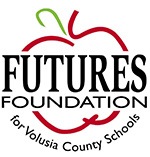
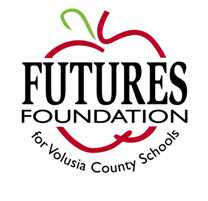
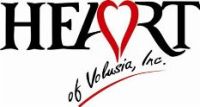


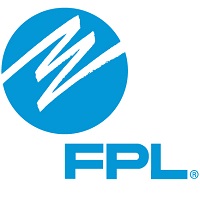
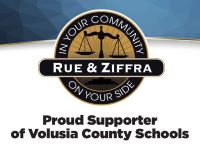





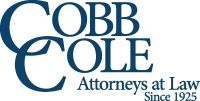

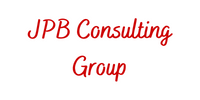
Share
Please share this page to help in fulfilling this grant.
Email to a Friend